Penn Today
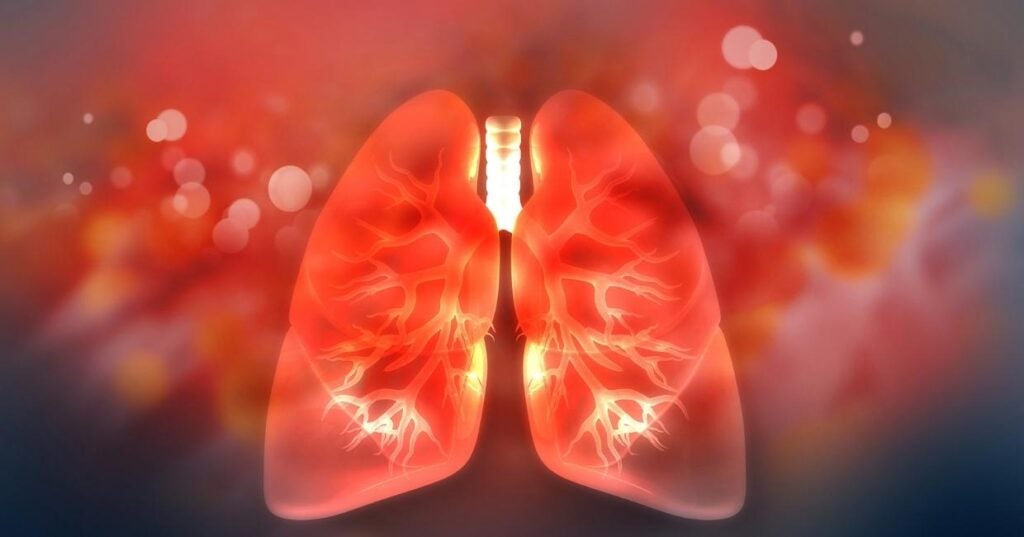
Identifying a proliferating repairman for tissue in damaged lungs (link is external)
Penn Vet and Penn Medicine researchers found that endothelial cells lining the veins in lungs contribute to repair of blood vessels after lung injury.
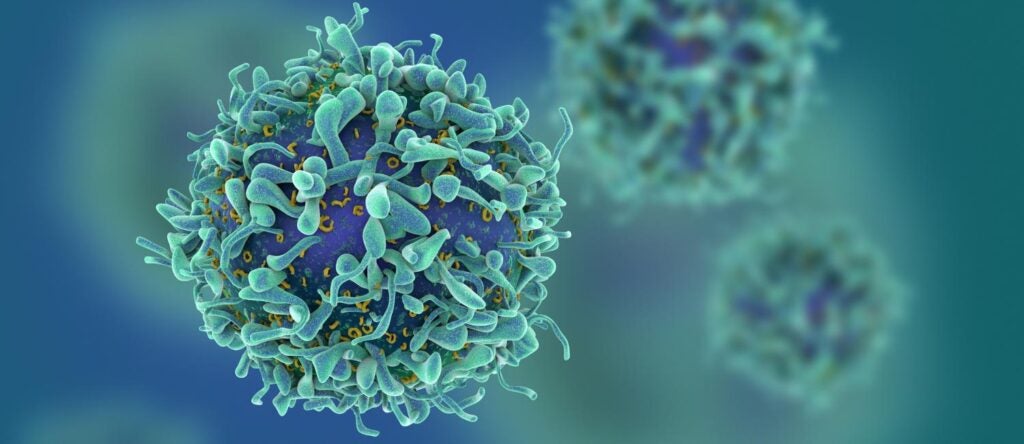
Uncovering a way for pro-B cells to change trajectory (link is external)
Researchers from the School of Veterinary Medicine and Perelman School of Medicine have found that YY1 knockout pro-B cells can generate T lineage cells helping B cells produce antibodies.
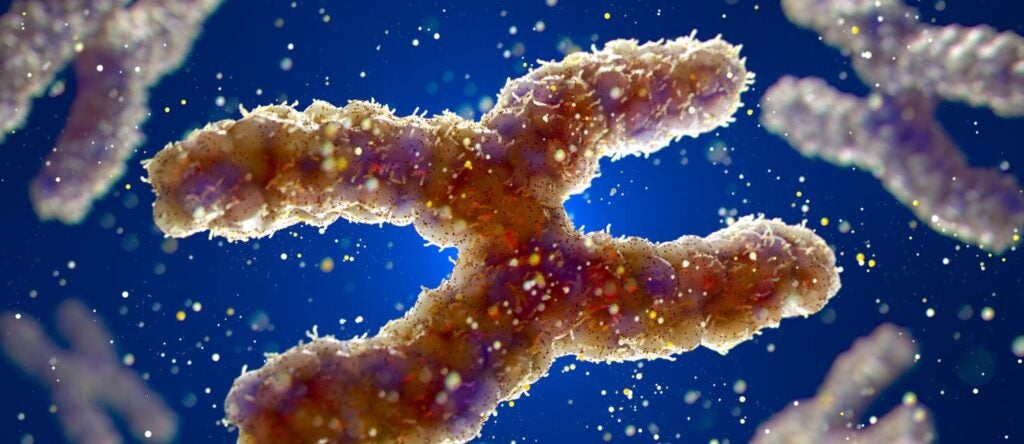
An integral T cell pathway helps regulate female gene expression (link is external)
Penn Vet researchers have revealed a connection between NF-κB signaling pathways and X chromosome inactivation, which has implications for understanding sex-based immune responses during infection.
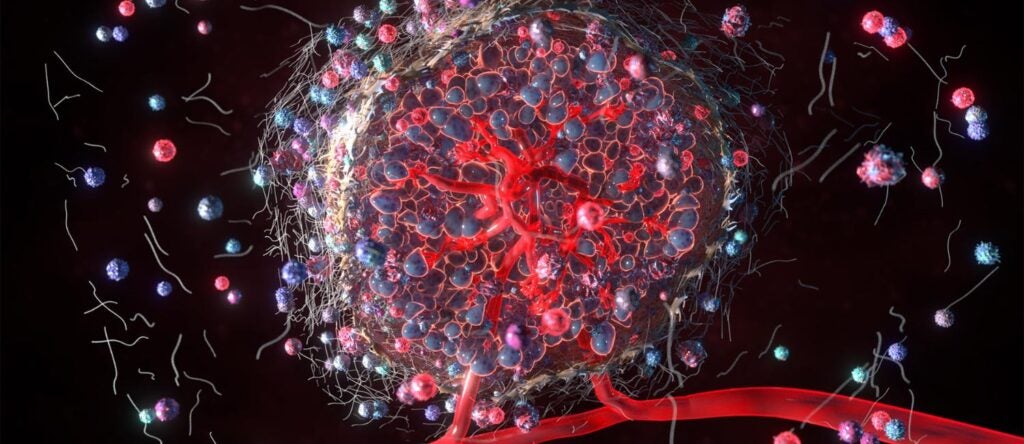
A modified peptide shows promise for fighting tumors (link is external)
Researchers in Penn Vet led a collaborative study that demonstrates how a modified peptide normalizes tumor vasculature and enhances various cancer treatments.
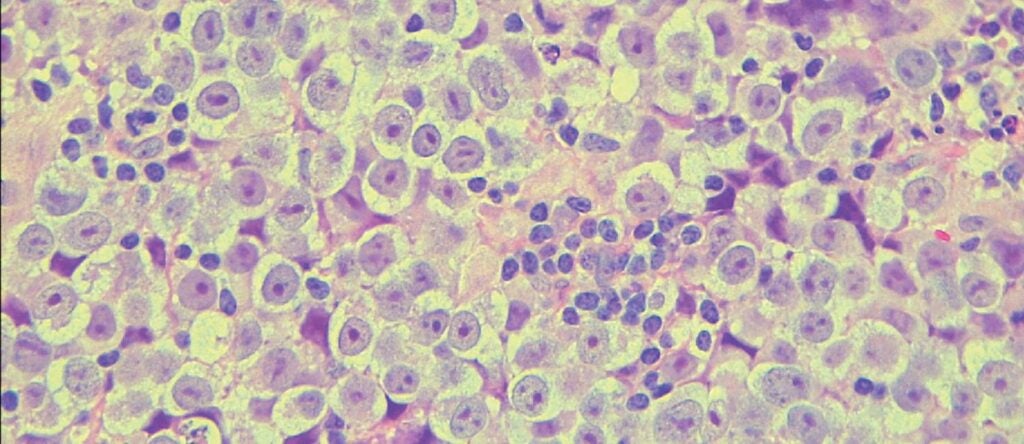
Kotaro Sasaki and his team unveil the genetics of testicular cancer (link is external)
Researchers develop the first in vitro seminoma model, shedding light on chromosomal anomalies and signaling pathways.
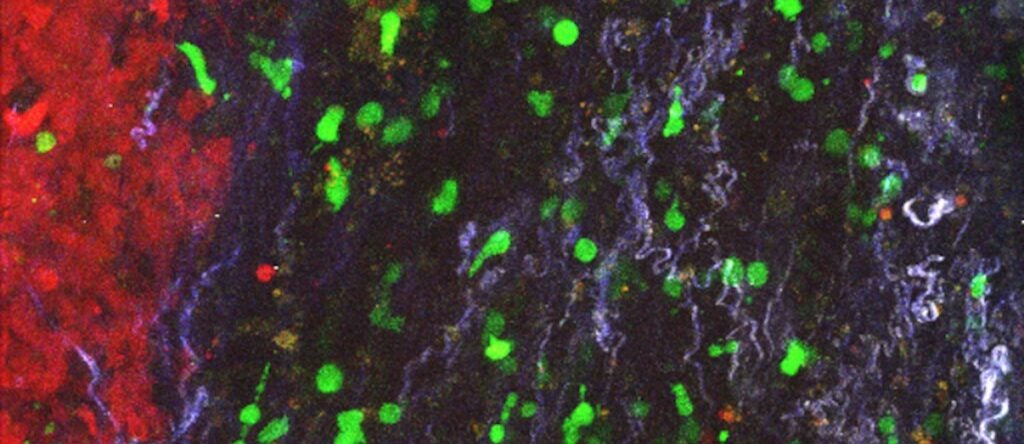
Removing the barrier surrounding solid tumors clears path for T cells (link is external)
Penn researchers uncover a new way to target solid tumors. Using CAR T cells to remove cancer-associated fibroblasts surrounding pancreatic tumors allows T cells to infiltrate and attack the tumor…

Genetic switch turns tumor suppressor into oncogene in colorectal cancer (link is external)
Researchers from the School of Veterinary Medicine have shown that an enzyme that suppresses early-stage colorectal cancer switches to become an oncogene as the cancer progresses.
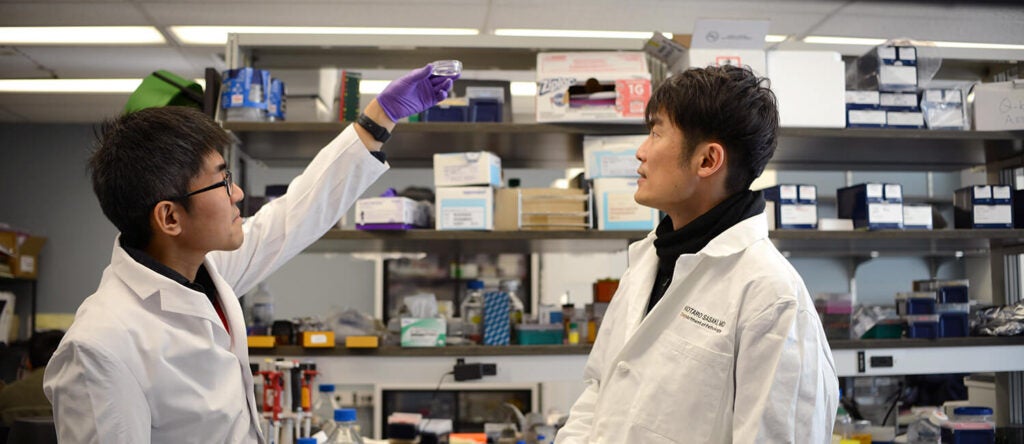
Recreating the adrenal gland in a petri dish (link is external)
A Penn Vet–led team coaxed stem cells to take on the characteristics and functions of a human adrenal gland, progress that could lead to new therapies for adrenal insufficiencies and…
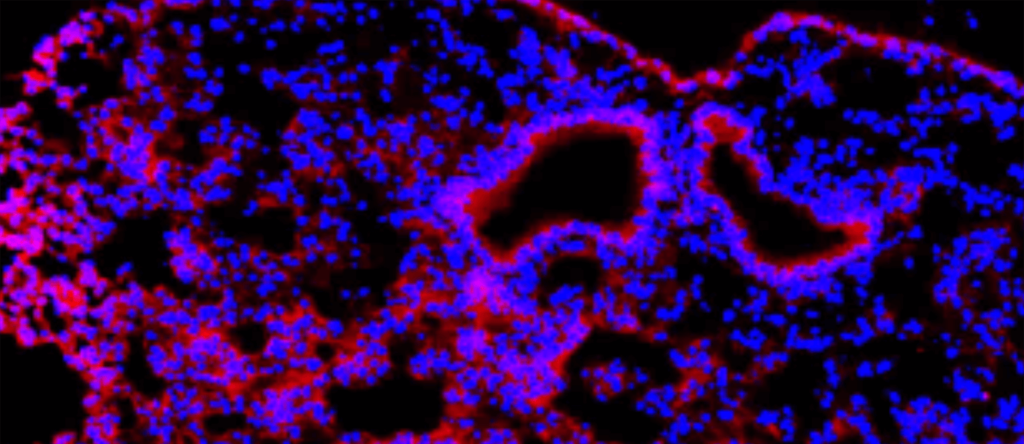
Blocking tumor signals can hinder cancer’s spread (link is external)
For most people who die of cancer, the spread of the initial tumor is to blame. “Metastasis is what kills most cancer patients,” says Serge Fuchs, a professor in Penn’s School of…
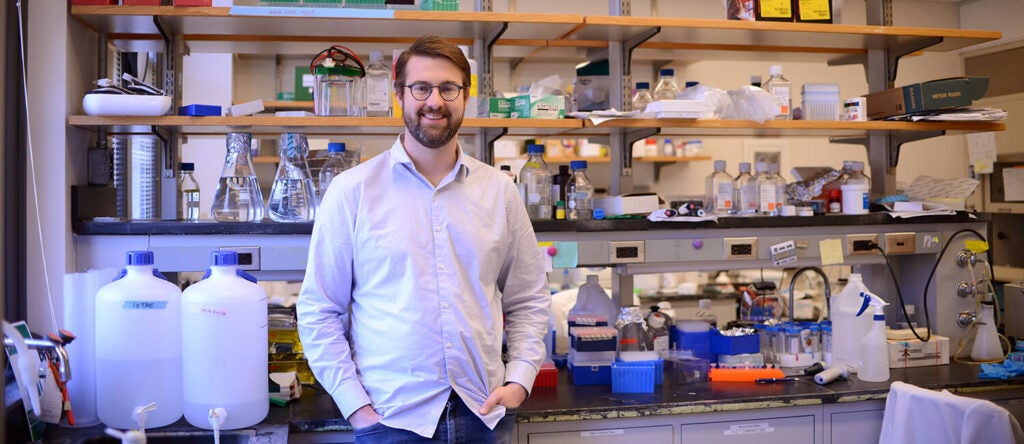
Coming together to solve the many scientific mysteries of COVID-19 (link is external)
As the rumblings of a pandemic began to be felt at the beginning of the year, scientists at Penn started work to develop a vaccine and assess possible treatments. But the scope of…
